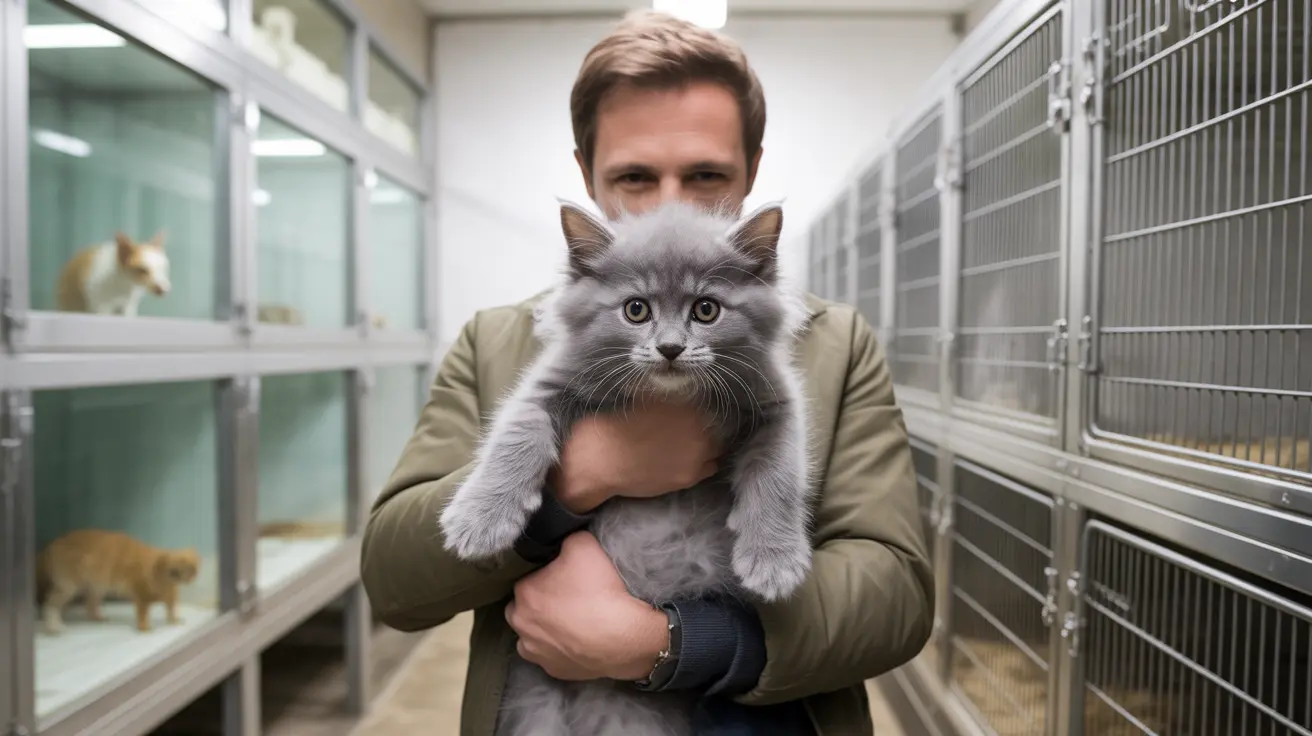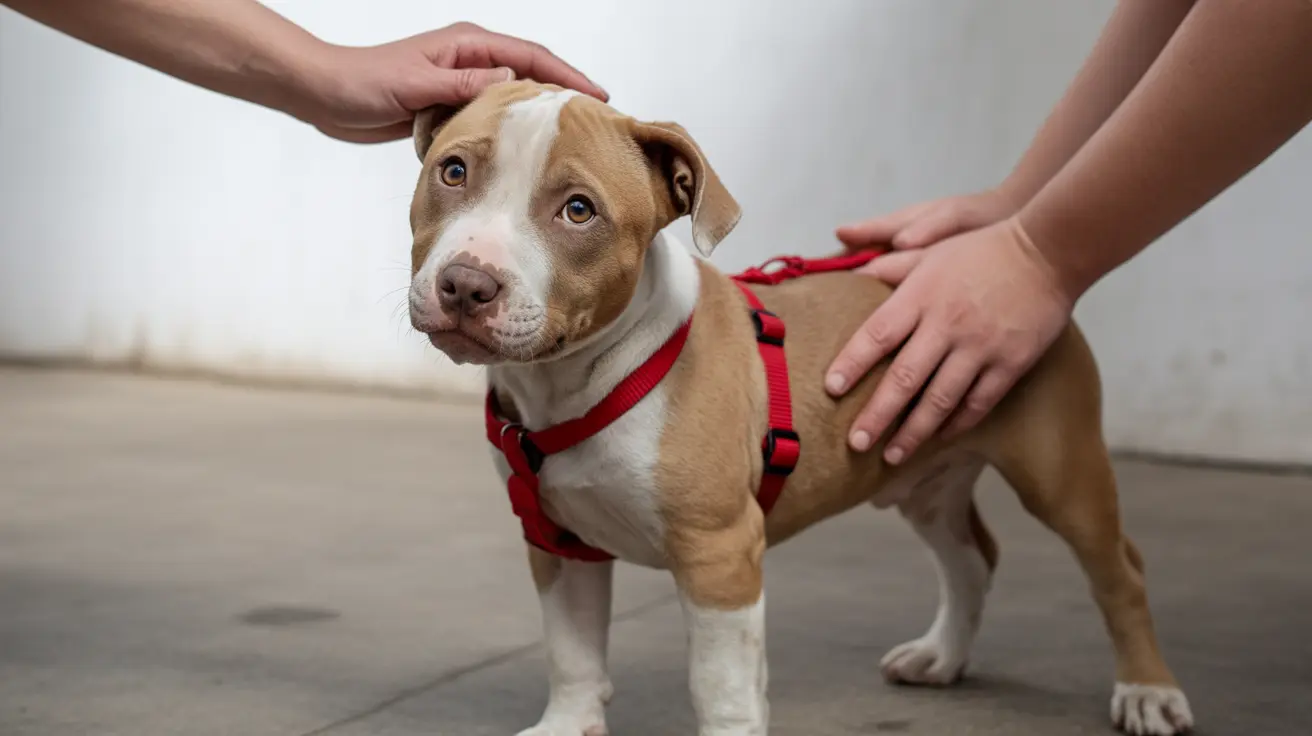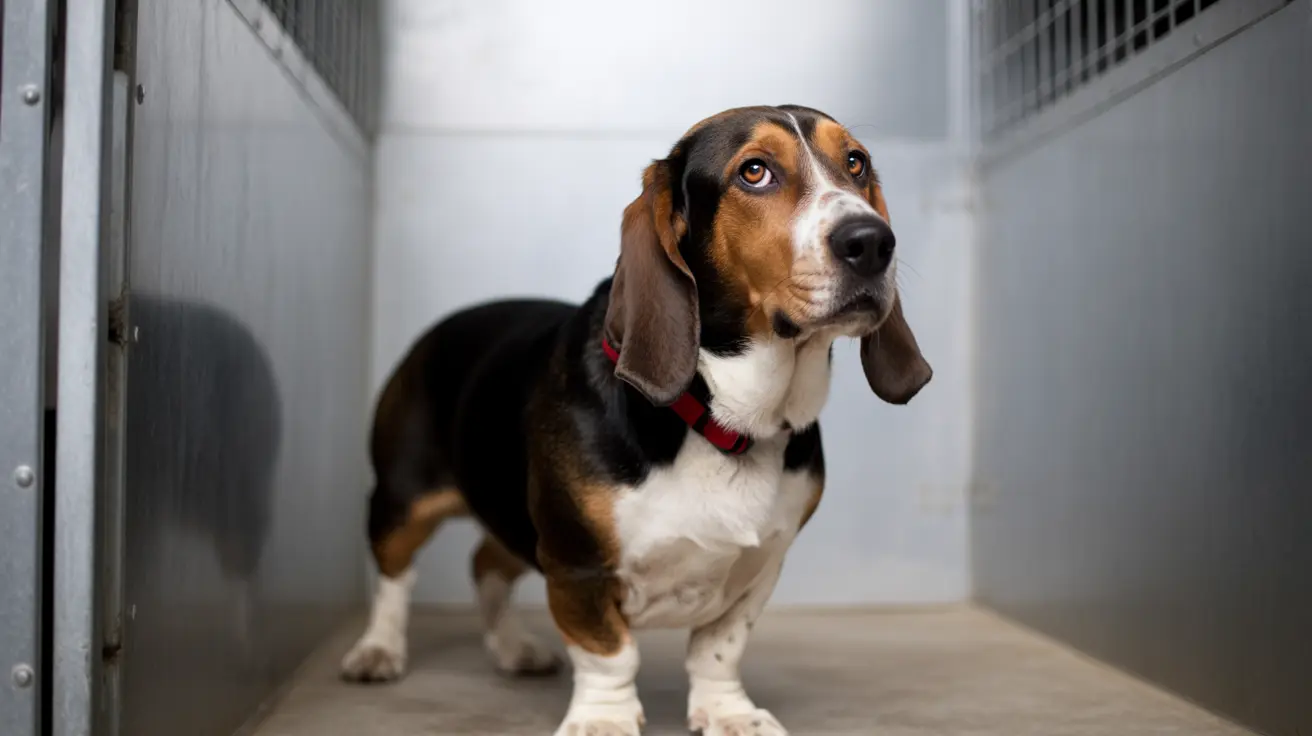If you've noticed your cat's teeth turning brown, you're likely dealing with one of several dental health issues that commonly affect felines. Brown discoloration in cat teeth typically signals the presence of plaque and tartar buildup, though it can also indicate more serious dental conditions that require immediate veterinary attention.
Understanding the causes and implications of brown teeth in cats is crucial for maintaining your pet's overall health and well-being. Let's explore the various reasons behind this common dental issue and learn how to address it effectively.
Common Causes of Brown Teeth in Cats
Plaque and Tartar Accumulation
The most frequent cause of brown teeth in cats is the buildup of plaque and tartar. When food particles combine with bacteria in your cat's mouth, they form a sticky film called plaque. If not removed through regular cleaning, this plaque mineralizes into tartar, appearing as brown or yellowish deposits on the teeth.
Dental Disease and Decay
Brown discoloration can also signal more serious dental conditions, including tooth decay and periodontal disease. While less common in cats than humans, these conditions can cause permanent damage to your cat's teeth and require professional intervention.
Signs of Dental Problems in Cats
Watch for these warning signs accompanying brown teeth:
- Bad breath (halitosis)
- Difficulty eating or chewing
- Drooling or pawing at the mouth
- Swollen or bleeding gums
- Changes in eating habits
- Visible tartar buildup
Prevention and Treatment Options
Professional Dental Cleaning
Regular professional dental cleanings performed by a veterinarian are essential for removing brown tartar buildup and preventing dental disease. These cleanings typically require anesthesia to thoroughly clean both above and below the gum line.
Home Dental Care
Implementing a consistent home dental care routine is crucial for preventing brown teeth:
- Daily tooth brushing with cat-specific toothpaste
- Using veterinary-approved dental treats and toys
- Feeding dental-friendly dry food
- Regular monitoring of your cat's oral health
When to See a Veterinarian
Schedule a veterinary appointment if you notice:
- Significant brown discoloration
- Signs of pain or discomfort
- Difficulty eating
- Excessive drooling
- Bad breath that doesn't improve with home care
Frequently Asked Questions
What causes my cat's teeth to turn brown and is it a sign of dental disease?
Brown teeth in cats are primarily caused by tartar buildup, which occurs when plaque mineralizes on the tooth surface. While some brown discoloration may be normal tartar accumulation, it can also indicate underlying dental disease and should be evaluated by a veterinarian.
How can I tell if brown discoloration on my cat's teeth is due to tartar buildup or something more serious?
While tartar appears as a brownish-yellow coating that can be seen on the tooth surface, more serious conditions might show darker discoloration or be accompanied by other symptoms like bleeding gums, bad breath, or changes in eating habits. A veterinary examination is the only way to determine the exact cause.
What are the treatment options for brown or discolored teeth in cats?
Treatment options include professional dental cleaning under anesthesia, regular home dental care, and possibly tooth extraction if decay or damage is severe. Your veterinarian will recommend the most appropriate treatment based on the cause and severity of the discoloration.
How often should I brush my cat's teeth to prevent brown stains and dental problems?
Daily brushing is ideal for preventing plaque and tartar buildup. However, even brushing 2-3 times per week can significantly reduce the risk of brown staining and dental disease. Use only cat-specific toothpaste, as human toothpaste can be harmful to cats.
When should I take my cat to the vet for brown teeth or other signs of oral pain?
Schedule a veterinary appointment if you notice brown discoloration, changes in eating habits, bad breath, drooling, or any signs of oral pain. Early intervention can prevent more serious dental problems and ensure your cat's continued oral health.






